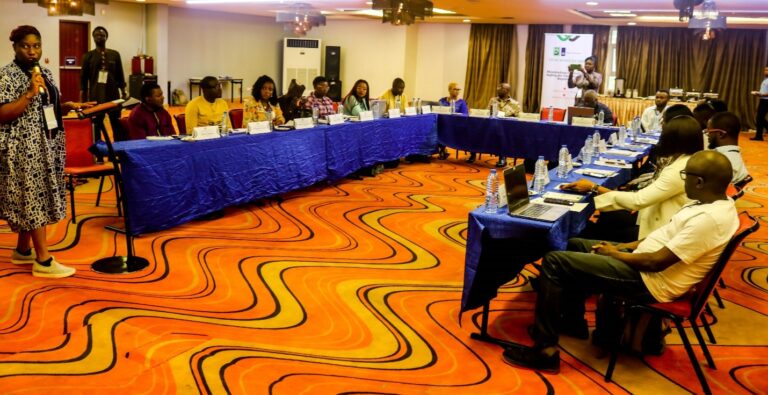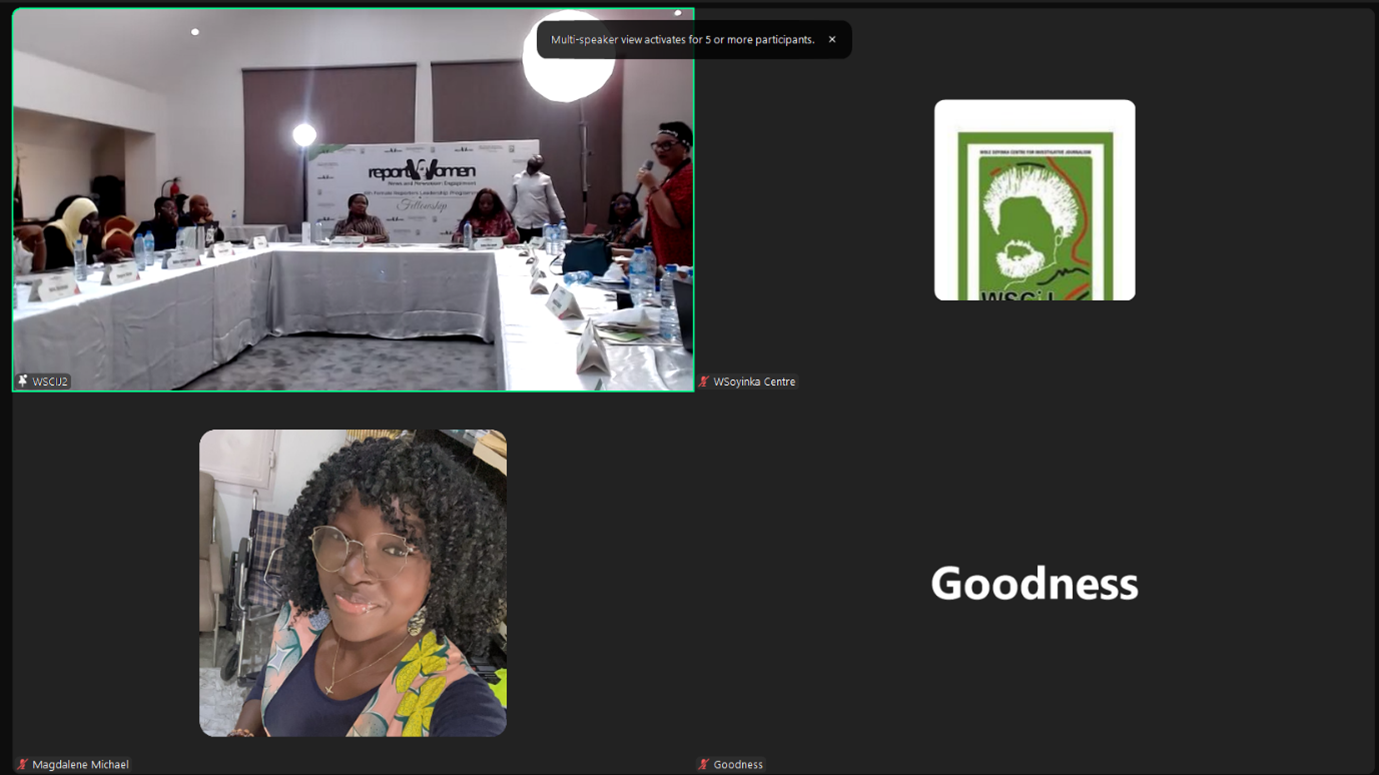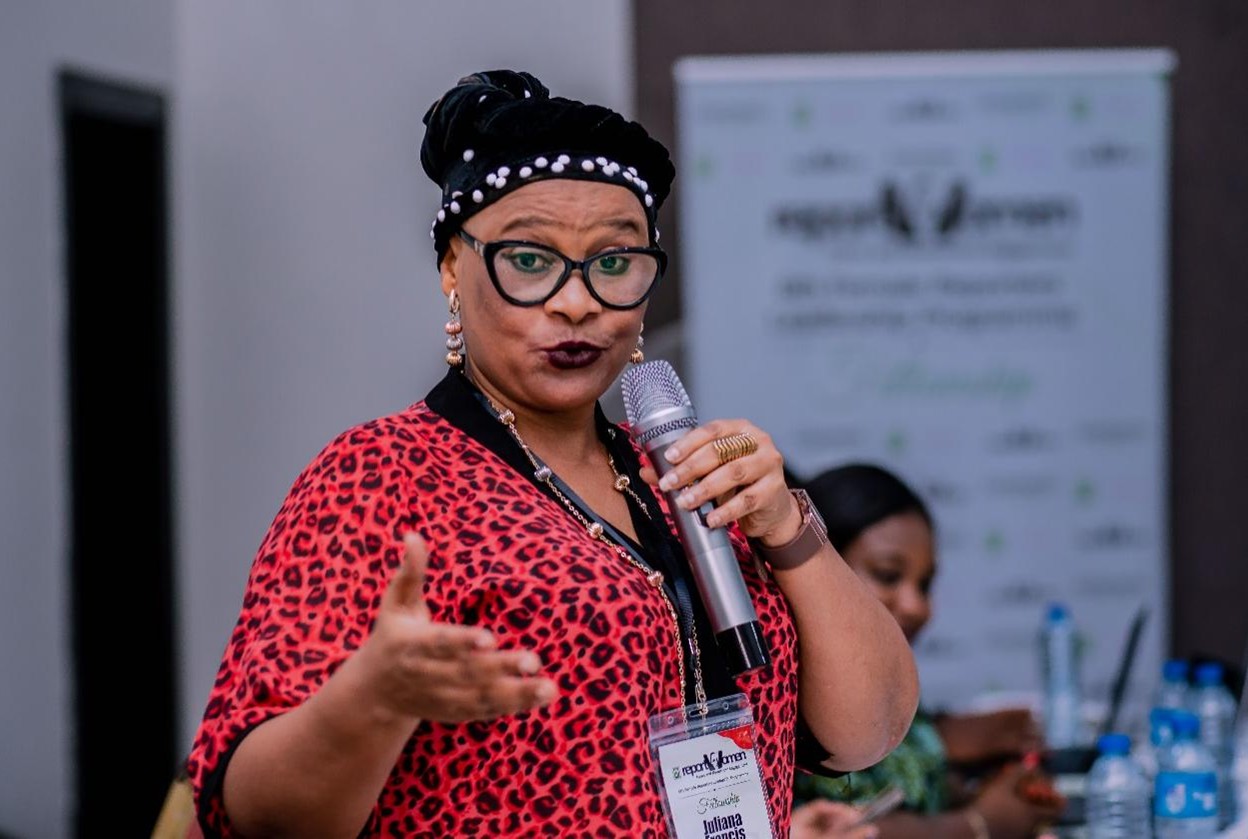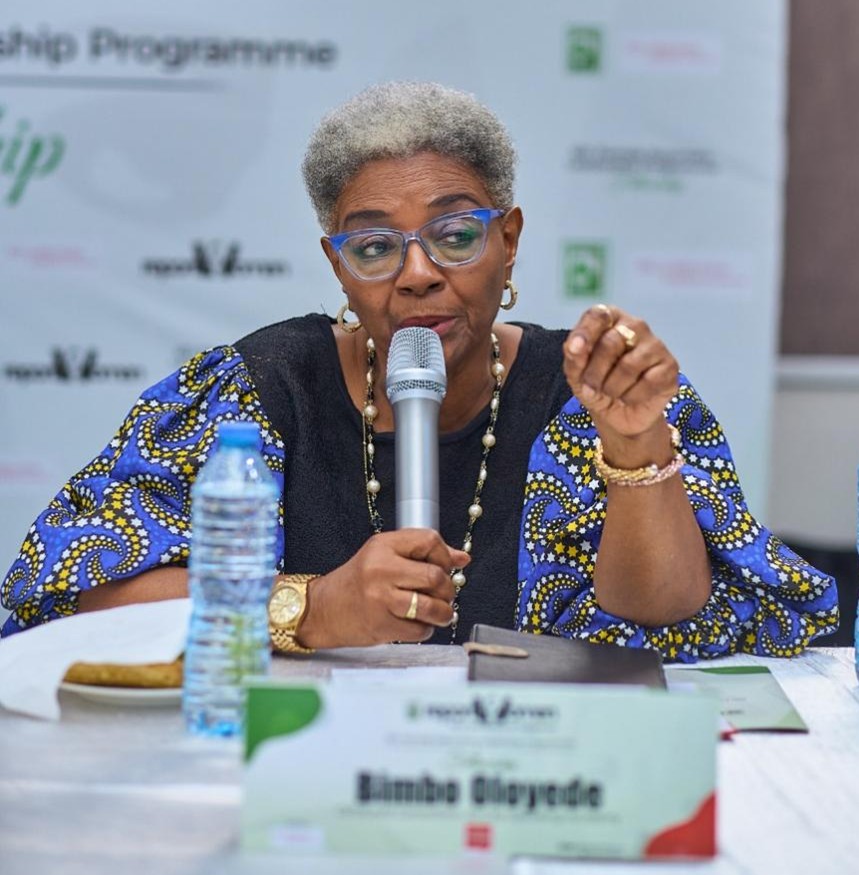Eighteen investigative reporters from across Nigeria have been equipped with the skills and knowledge to prioritise their safety while on the job. The training, titled Masterclass on Holistic Safety, was organised by the Wole Soyinka Centre for Investigative Journalism (WSCIJ) as part of the Civic Space Guard project. It featured sessions on legal, physical, and mental safety, a train-the-trainer session, and civic space protection. Supported by the Netherlands Embassy, the project is part of the Leveraging the Power of the Media to Fortify the Civic Space and Tackle Malinformation programme, implemented in partnership with the Centre for Journalism Innovation and Development (CJID).
Resource persons at the masterclass including Dapo Olorunyomi, Publisher and Editor-in-Chief of Premium Times; Yushau Shuaib, Founder of PR Naija; Yusuf Alli, Managing Editor of Northern Operations at The Nation; Motunrayo Alaka, ED/CEO of WSCIJ; Chinedum Oluwadamilola, Principal Partner at The Pedagogy Hub; Elizabeth Kolade, Director of Resilience Technologies; and Chinyereugo Onyekwere, Senior Clinical Psychologist at Neem Foundation all stressed the importance of proactive measures to ensure journalists’ all-round safety.
In her opening remarks, Motunrayo Alaka reiterated WSCIJ’s commitment to supporting a safe civic space where freedom of expression and association are respected, and journalists are protected. While introducing the Civic Space Guard project, she noted that its components were designed to ensure that journalists, as guardians of the civic space, are safeguarded. Alaka highlighted the rising dangers faced by journalists and challenges brought by digital advancements as reasons for the training. She emphasised the need for participants to pass on the training to others, given the importance of journalist safety and the lack of holistic safety interventions in the industry.
During the session on Physical Safety Essentials for Investigative Reporting, Yusuf Alli described investigative journalism as “the road less travelled” and the most critical genre of journalism. He stressed the need for journalists to take proactive safety measures, such as staying vigilant of their surroundings, avoiding late-night work, and keeping the details of ongoing investigations confidential. Alli urged participants to invest in secure, multi-functional tools, such as advanced smartphones, to safeguard both their work and their sources. He also advised participants to ensure balance and fairness in their reporting and to familiarise themselves with the legal protections available to them. He emphasised blocking potential legal loopholes that could be exploited against them and highlighted the importance of journalists operating within the law.
On his part, Dapo Olorunyomi, Publisher and Editor-in-Chief of Premium Times discussed the challenges of high-risk journalism. He noted that journalists covering high-risk beats must balance the public’s right to know with privacy concerns, avoid sensationalism, and minimise harm to sources. Olorunyomi pointed out that with the rise of online threats and information disorder, adherence to ethical journalism has never been more crucial. On journalists’ safety in emergency situations, he highlighted risks including physical violence, kidnapping, sexual harassment, and legal threats from the government. He advised that journalists undergo hostile environment and first aid training and develop comprehensive emergency plans before heading into high-risk areas.
In his presentation titled Risk Management Strategies to Engage with Law Enforcement and Security Personnel in a Secure and Informed Manner, Yushau Shuaib stated that engaging with law enforcement requires a balance between transparency and professional boundaries. He encouraged journalists to establish relationships, disclose their identity, and understand their rights before engaging with law enforcement officials. He added that journalists should prioritise safe locations during interactions with law enforcement agents and maintain objectivity when reporting on law enforcement activities. Juliana Francis, Deputy Editor at Eagle Online, shared her experiences of dealing with blackmail and threats in crime and security reporting. She emphasised the importance of proper documentation of interviews and keeping communication records as essential precautions when handling sensitive stories.
Elizabeth Kolade, Director of Resilience Technologies, discussed Cybersecurity and Data Protection Best Practices for journalists. She urged newsrooms and media organisations to invest in licensed or paid software and digital tools to minimise the risk of cyberattacks. Kolade stressed the importance of encryption tools, strong passwords, and secure communication platforms to protect journalists from cyberattacks and online surveillance. Her session also covered best practices for online privacy, methods to avoid phishing attacks, and techniques for securely storing sensitive files.
In the Train-the-Trainer session, Chinedum Oluwadamilola, Principal Partner at The Pedagogy Hub, encouraged participants to be intentional about passing on the knowledge gained to colleagues in their newsrooms. She emphasised that teaching helps individuals learn more and prepares participants for leadership roles while building the capacity of newsroom colleagues. Oluwadamilola advised participants to leverage contacts made during the training to help in stepping down the knowledge learnt.
Chinyereugo Onyekwere, Senior Clinical Psychologist at Neem Foundation, delivered a session titled Handling the Psychological Toll of Journalism on Reporters’ Mental Health. She highlighted common stressors and signs of mental health struggles in investigative reporters. Onyekwere encouraged participants to prioritise mental well-being by building a strong support network, maintaining a healthy lifestyle, engaging in activities beyond work, and seeking professional help when needed.
Participants lauded the depth of the training as a valuable learning experience. They commended the resource persons for their practical and comprehensive approach to equipping them with the skills and knowledge necessary to excel in their profession.
Olufisoye Adenitan, Senior Editor at the Federal Radio Corporation of Nigeria (FRCN), Positive FM, Akure, said the training would significantly impact her professional development. Kingsley Jeremiah, Energy Editor at The Guardian newspaper, described the masterclass as a unique opportunity to learn new professional tips and gain a deeper understanding of the challenges faced by investigative reporters and how to address them.
The masterclass featured interactive sessions where participants had the opportunity to share their experiences and learn from one another. These discussions allowed participants to ask questions about real-life challenges they had encountered in their work and receive practical advice on how to overcome them. Participants also visited the Olusegun Obasanjo Presidential Library, museum, and wildlife park, an experience described as a major highlight of the programme, providing an opportunity to relax, connect, and network.








